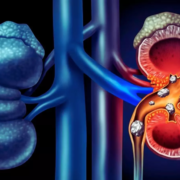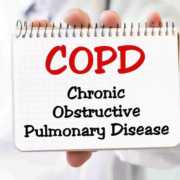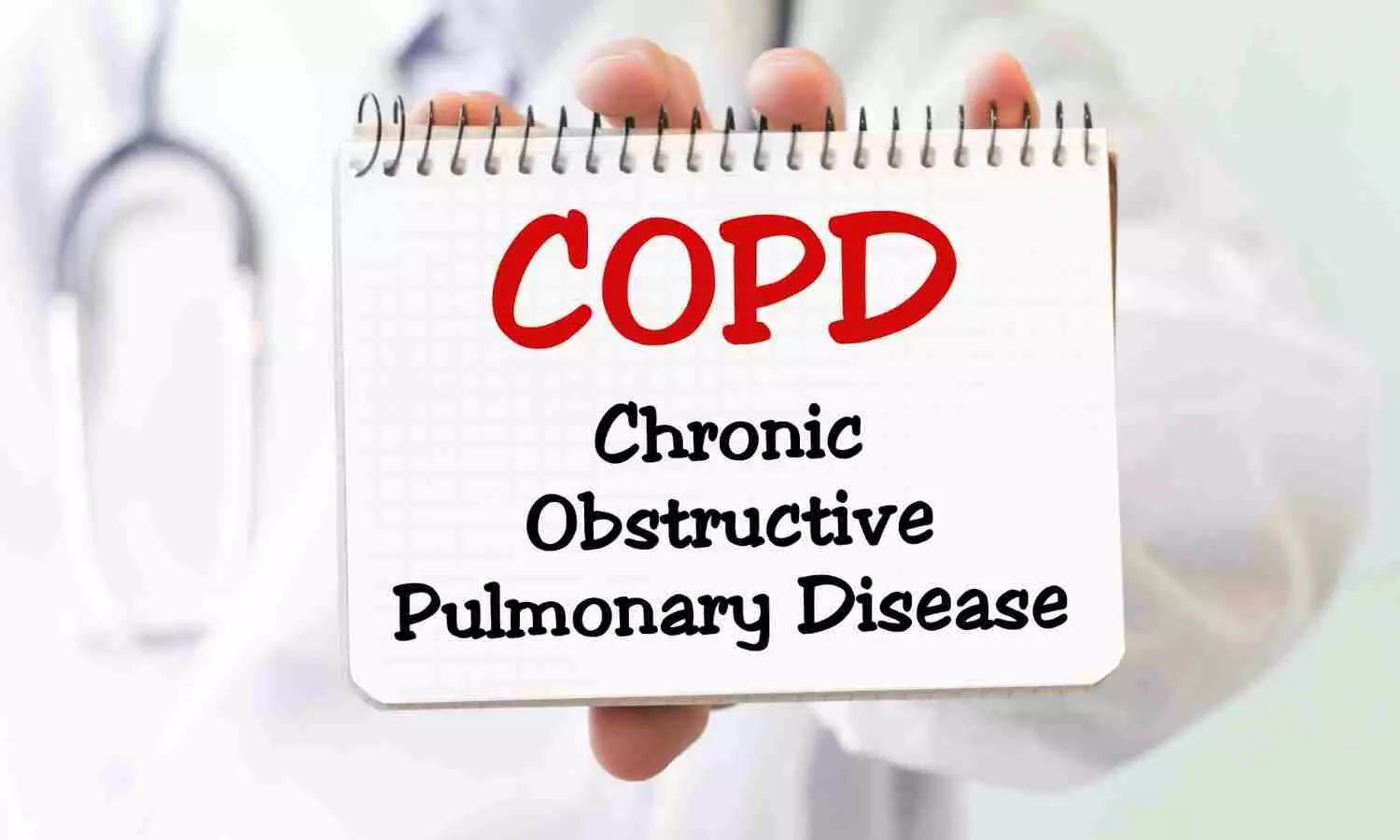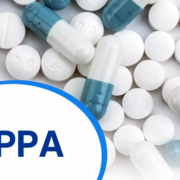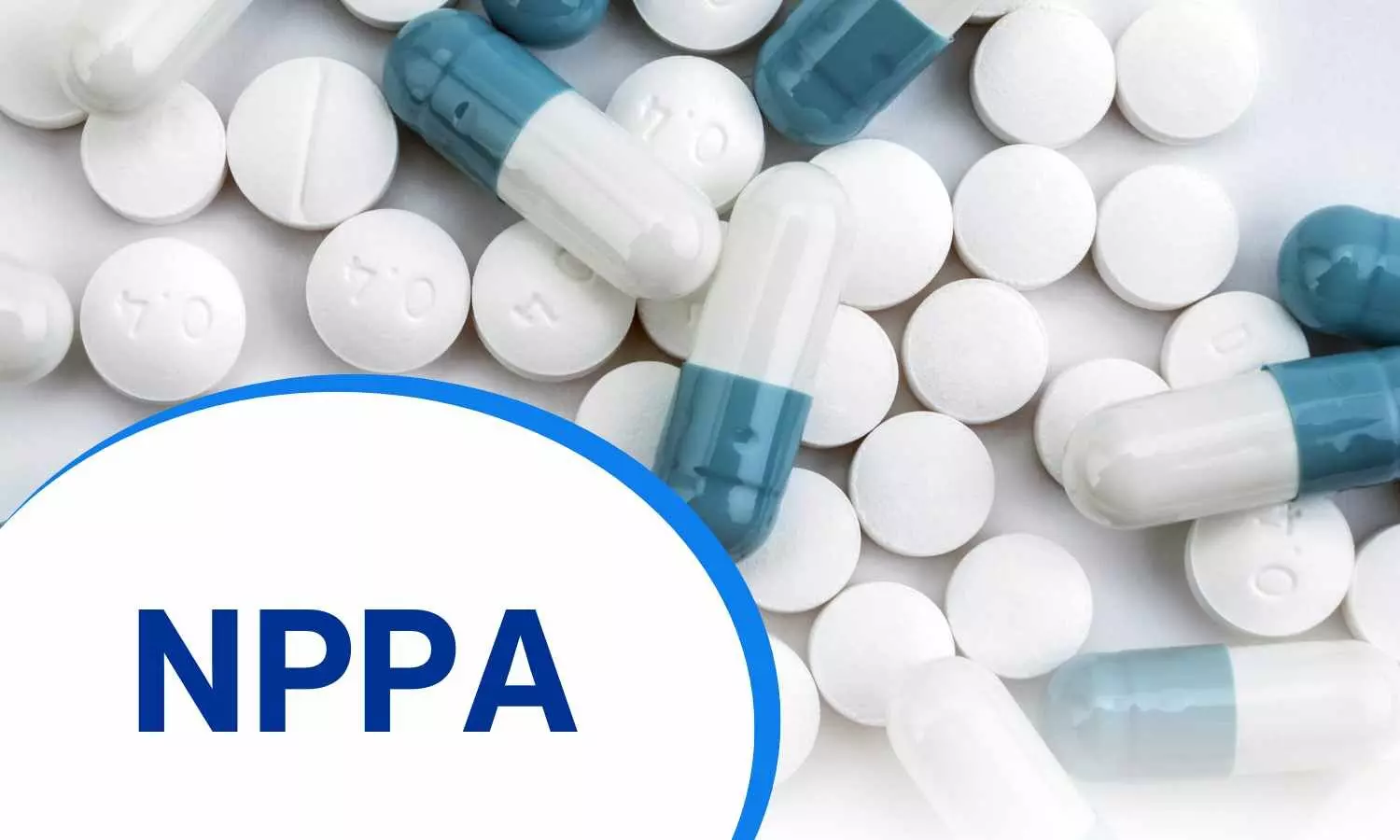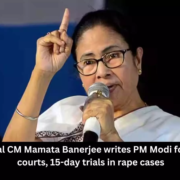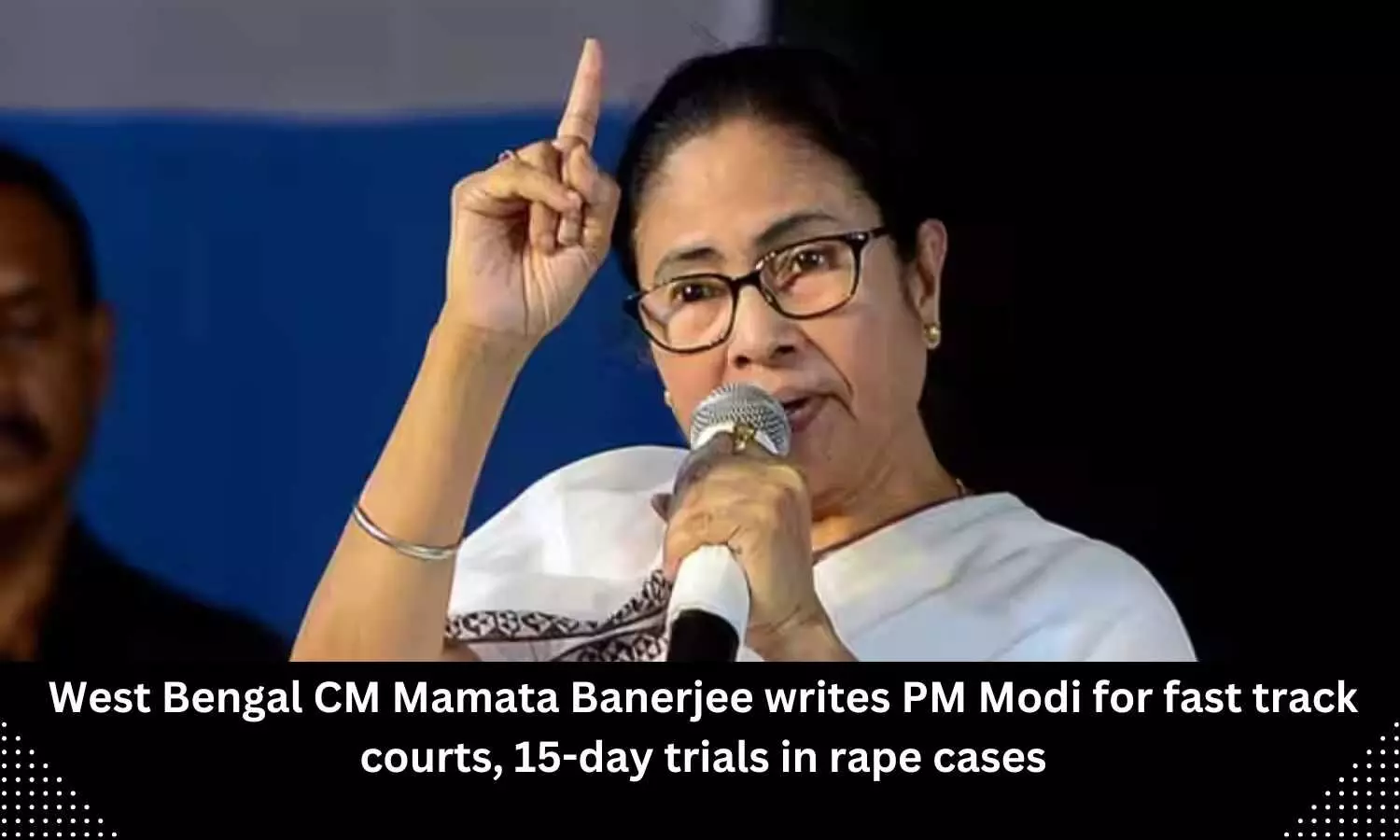Higher thiazide doses may reduce kidney stone events, suggests JAMA study

Higher thiazide doses are associated with greater reductions in urine calcium, which in turn correlate with fewer symptomatic kidney stone events, according to a Vanderbilt University Medical Center (VUMC) study published in JAMA Network Open.
Thiazide diuretics, commonly prescribed to prevent kidney stone recurrence, are drugs that act directly on the kidneys to promote diuresis (urine flow) by inhibiting the sodium/chloride cotransporter located in the distal convoluted tubule of a nephron (the functional unit of a kidney). Thiazides are also used as a common treatment for high blood pressure and to clear fluid from the body in conditions such as heart failure.
First author Ryan Hsi, MD, FACS, associate professor in the Department of Urology at VUMC, said the study data help explain the findings of the multicenter Hydrochlorothiazide for Kidney Stone Recurrence Prevention (NOSTONE) trial, which reported that hydrochlorothiazide did not reduce recurrence of kidney stone events.
“In light of our research, the calcium reductions in that study were modest and likely insufficient to affect recurrence risk,” Hsi said.
“What this means for patients is that thiazides remain an important option in the toolkit for preventing kidney stone recurrence. It may be beneficial to monitor calcium excretion while on thiazide therapy to adjust dose and diet to attain an adequate reduction in urine calcium.”
A total of 634 participants were studied, revealing significant associations between higher thiazide doses and urine calcium reductions greater than those achieved in the NOSTONE trial, where participants took different doses of hydrochlorothiazide.
For next steps, the researchers are interested in understanding which subtypes of thiazides and their dosing work best, and how best to optimize medication adherence, since these therapies are often administered long term.
Reference:
Hsi RS, Yan PL, Maalouf NM, et al. Thiazide Dose, Urine Calcium, and Symptomatic Kidney Stone Events. JAMA Netw Open. 2024;7(8):e2428953. doi:10.1001/jamanetworkopen.2024.28953
Powered by WPeMatico

